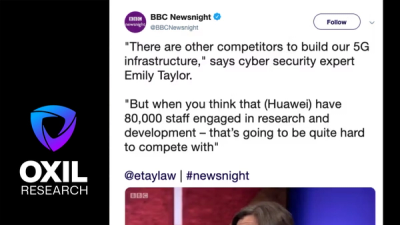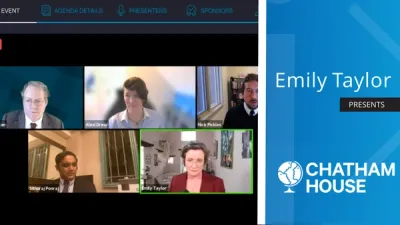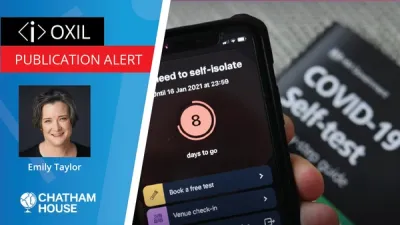
Featured Publication: The COVID-19 pandemic and trends in technology (with chapter by Emily Taylor)
Emily's chapter on the UK track and trace app has been published today in Chatham House's 'The COVID-19 pandemic and trends in technology', edited by Joyce Hakmeh. The issues encountered during the development of track-and-trace apps as part of the fight against COVID-19 have highlighted significant differences in levels of accountability and transparency between the public and private sectors. This has underlined the areas of tension between corporate power and the authority of democratically elected governments, and the capacity of tech companies not just to deploy ‘soft’ power in the form of lobbying, but also to block access to essential technologies. The fragmented response to the COVID-19 pandemic has brought renewed focus on the lack of internationally agreed technical standards that are both privacy-respecting and secure by design. Such standards could potentially offer interoperability if individuals travel overseas, while at the same time guarding against overreach by some governments.
Authors




